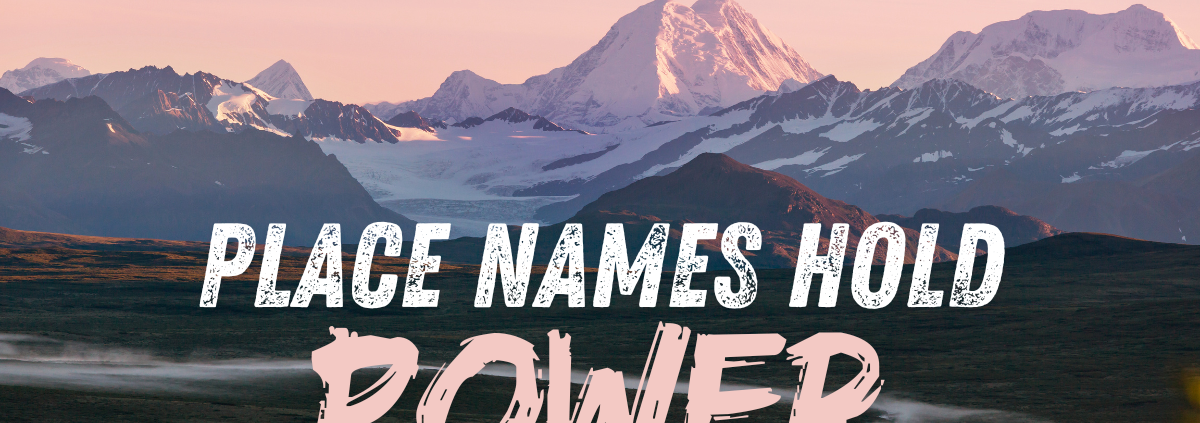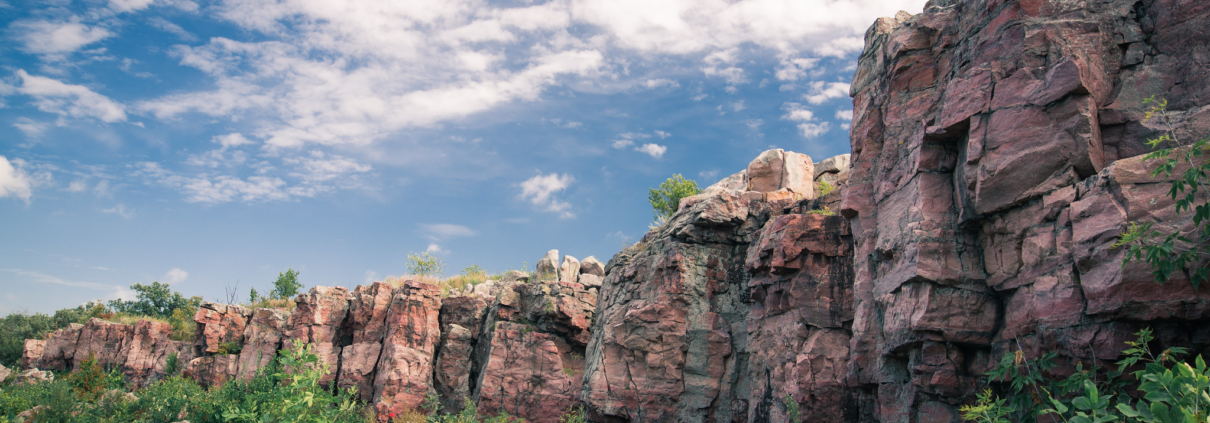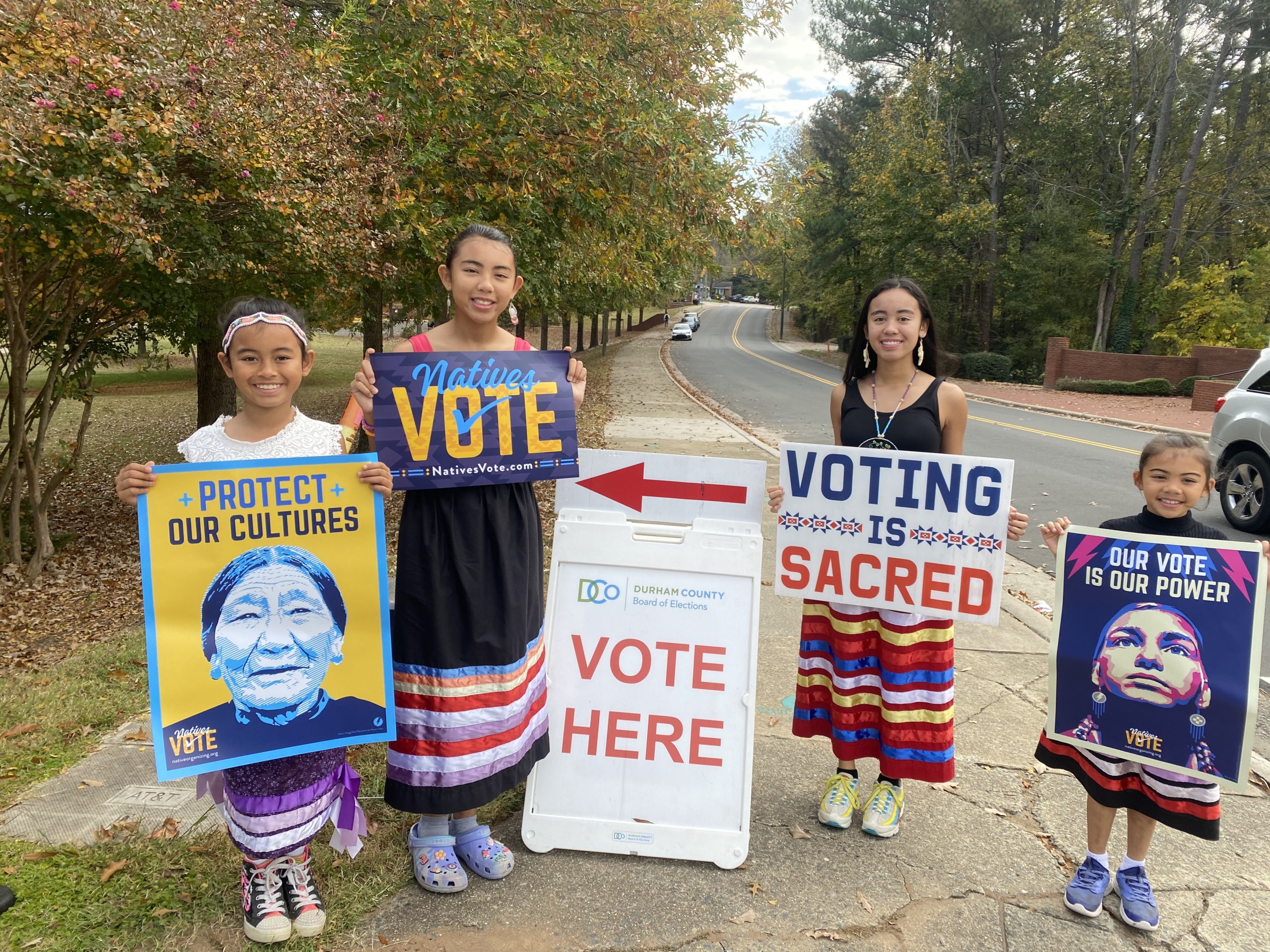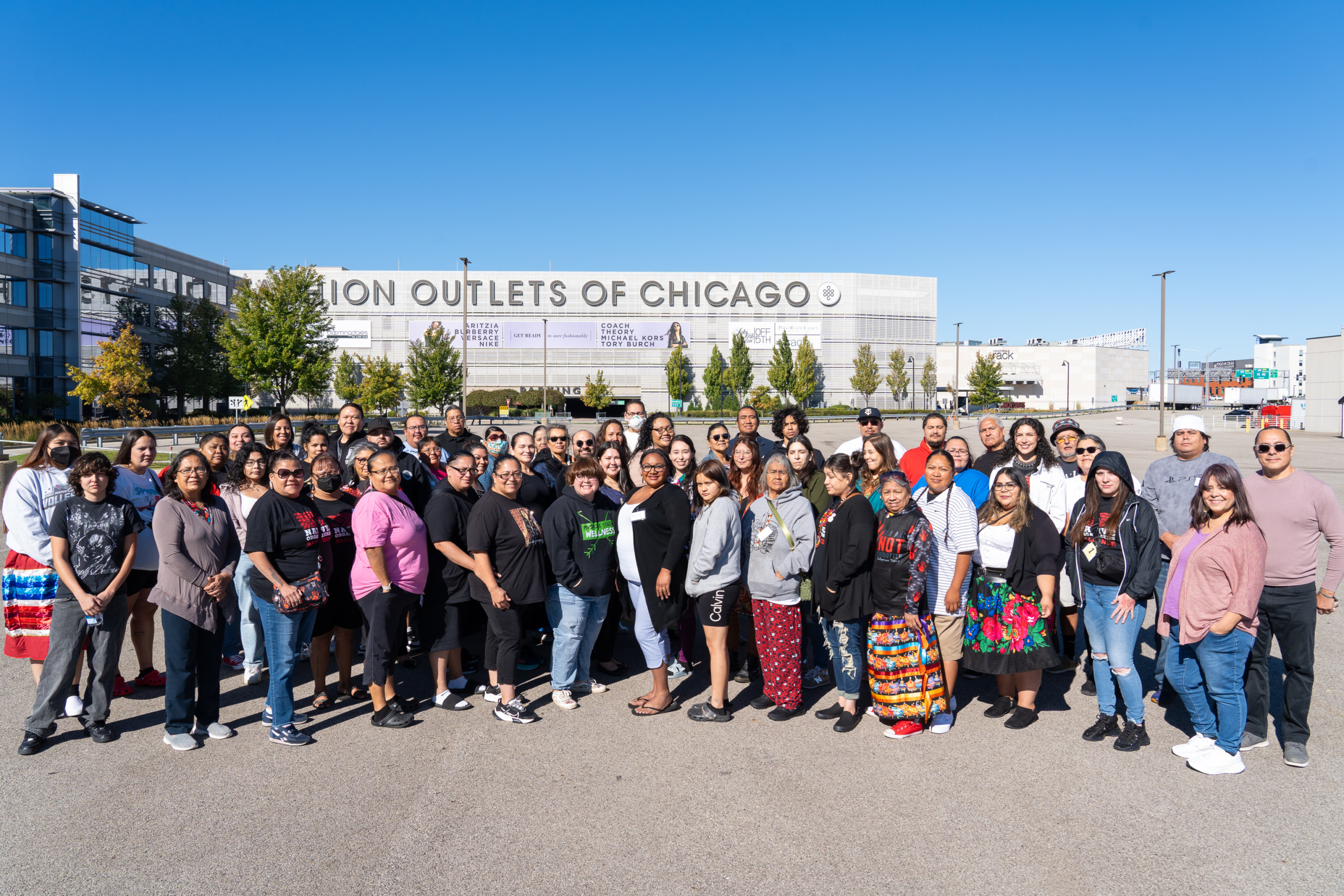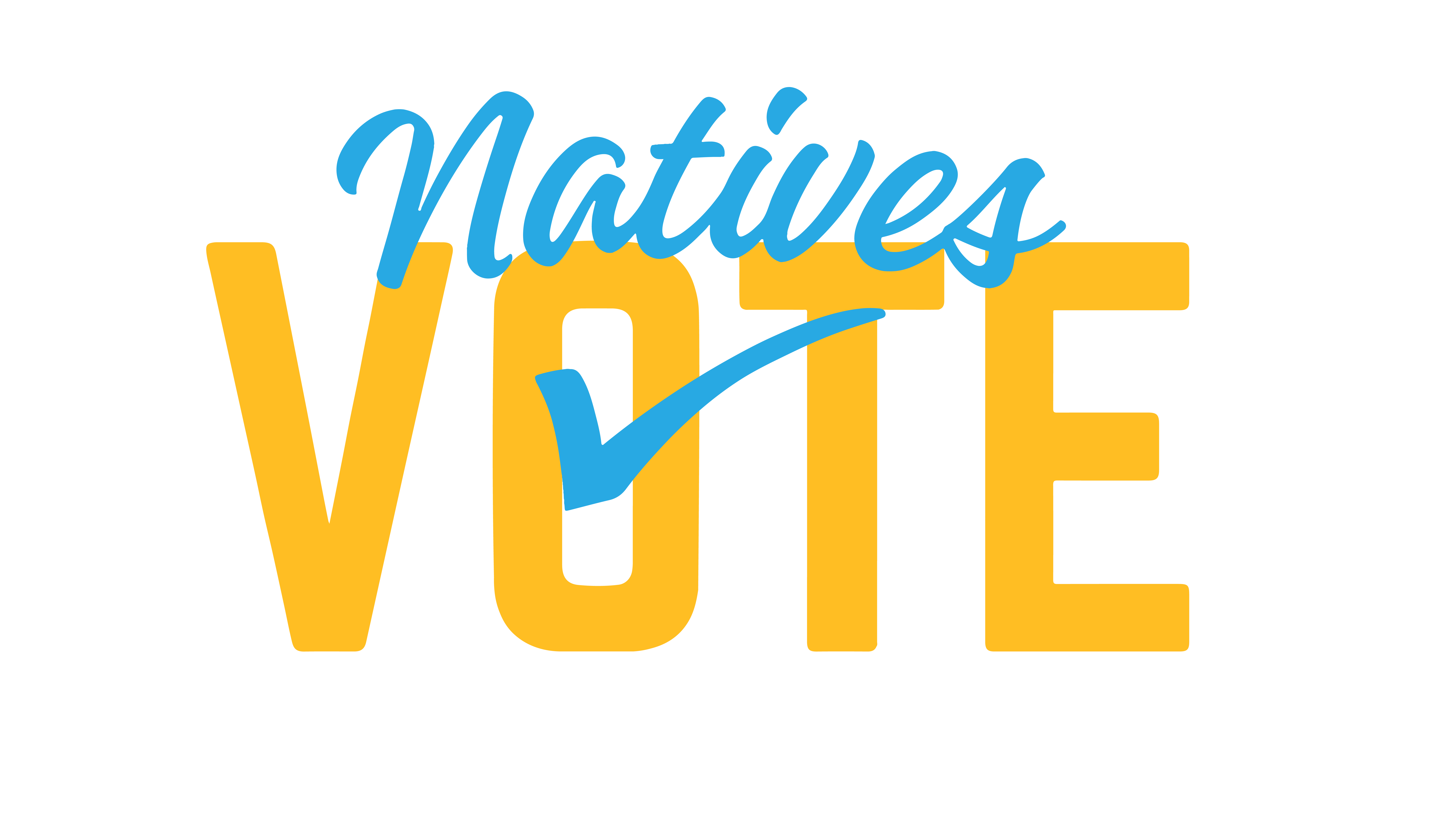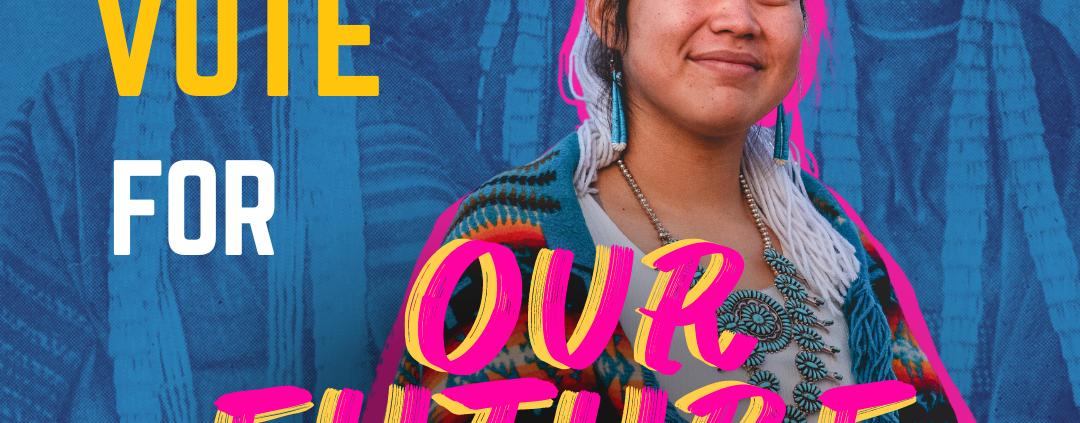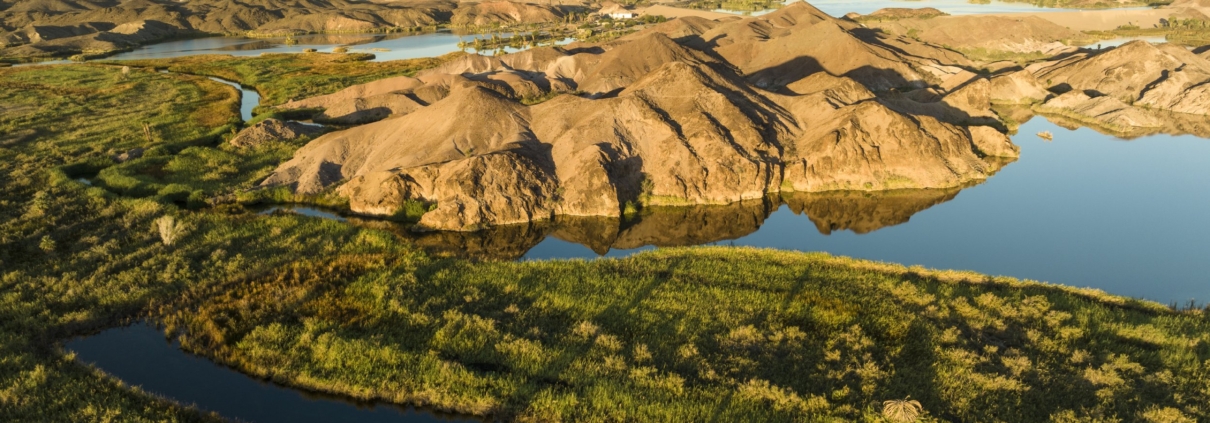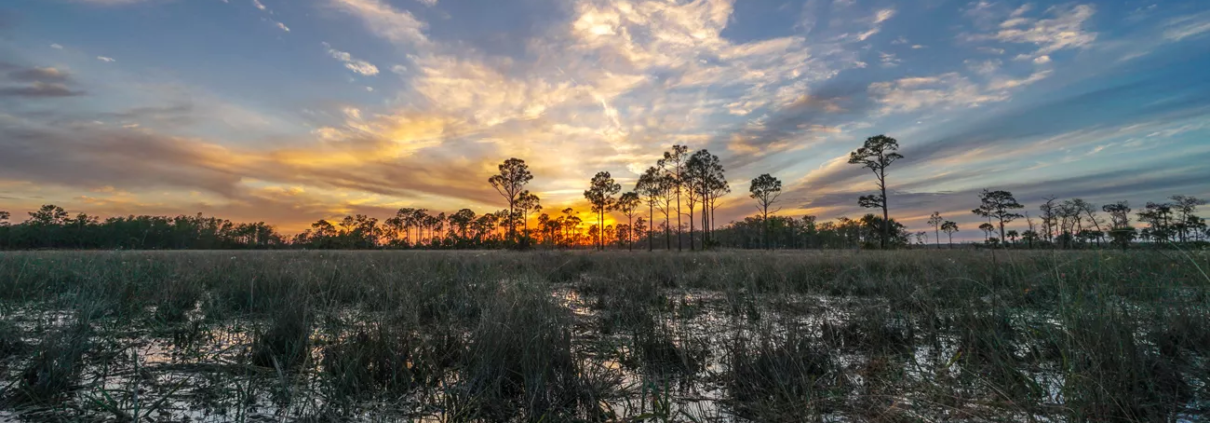President Biden: Preserve sacred land, designate the Kw’tsán National Monument now
Advocating for setting aside more than 390,000 acres currently managed by the Bureau of Land Management (BLM), the Fort Yuma Quechan Tribe hopes to create legal protections that, along with responsible federal stewardship practices, will preserve the land and wildlife forever.
As original stewards of these sacred landscapes, the Tribe’s “culture is rooted in the air and the soil,” explains Donald Medart Jr., Quechan Tribal Councilman. He says: “These are the places we will continue to take our children and grandchildren to learn about who we are as a people — these are places that do not recognize boundaries on a map and are connected by history and our stories.”
Climate change has led to extreme drought, and the unsustainable extraction of water from the Colorado River has combined to upend and destabilize the ecosystem. Meanwhile, the land is threatened every day by mining exploration, stolen natural resources, and harmful development.
The water flowing through the Haquita, also known as the Colorado River, is crucial for the health of the region’s complex overlapping ecosystems, which the Fort Yuma Quechan Indian Tribe has managed sustainably for generations. Indigenous traditions can rectify the federal government’s past land and water management practices that have harmed these sacred landscapes.
The proposed Kw’tsán National Monument connects Spirit Mountain, Palo Verde Peak, the proposed Chuckwalla National Monument, and Buzzards Peak, incorporating the Indian Pass Area of Critical Environmental Concern (ACEC). The Bureau of Land Management has already identified these areas as “public land that requires special management to protect important resources or unique landscapes, or to protect people and property from hazards.”
The value of caring for ancestral homelands runs deep in Quechan culture and philosophy. As they explain, “Our ancestors gifted us the role as caretakers of Mother Earth, and the responsibility to protect all living beings of the natural world.”
The mountains in the region include Avikwalal (Pilot Knob), Avi Kwa Ame (Spirit Mountain) and Avi Kwa Suen (Cargo Muchachos). Among the area’s sacred artifacts and cultural history are the Singer Geoglyphs, ancient symbols etched directly into the ground.
When the land is properly managed, many endangered species thrive in this region. From roadrunners, tortoises, and quail to jackrabbits, foxes, snakes, and coyotes, Native peoples share this space with many non-human relatives.
The diversity of flowers and plants is another living example of a thriving community that must be treated with respect. From the agave, saguaro, and mesquite to milkweed, sunflower, Devil’s Claw, and Foxtail Cactus, as the Fort Yuma Quechan Indian Tribe says, “We are connected to the air, land, plants, insects, and four-leggeds that share our home.”
All public lands are on Indigenous homelands. As the original stewards and guardians of their homelands, the Quechan People have been asking the Biden administration to act to ensure they can continue protecting their rich heritage.
It’s time for President Biden to use the authority granted by the Antiquities Act to designate Kw’tsán National Monument.
Protect Sovereign Rights and Continue to Allow Access to Florida’s Big Cypress National Preserve for the Miccosukee Tribe Now
The Biden administration has been doing a good job at providing many ways for Tribal communities to exercise self-determination, protecting our sacred places, creating opportunities for Tribal co-management of land and water, and restoring dignity by removing racist and misogynistic names from land and buildings across the country.
Still, while President Biden has made important strides forward, there’s still so much work to do to restore our sovereign right to be full participants in decisions affecting the health and well-being of our communities and for future generations.
This is why we must ask President Biden to do more — to keep fighting for our rights and delivering results.
Big Cypress National Preserve has been a home for the Miccosukee and Seminole people for centuries. They have stewarded its lands and waters and still live in traditional villages there. Today, there are fifteen active traditional villages in Big Cypress, and sacred cultural sites, multiple ceremonial grounds, as well as burial grounds throughout the Preserve. Beyond the physical occupation, Miccosukee citizens must retain rights to use and occupancy throughout the entirety of the Preserve as were explicitly protected in the Preserve’s 1974 enabling federal legislation..
In the next two months, the National Park Service is planning to designate the preserve as “wilderness” with the intention of increasing protections for the freshwaters and fish essential to its health and the health of the neighboring Everglades. However, this designation will also significantly limit the Tribe’s access to their homelands and completely ignores the critical stewardship of Big Cypress they’ve provided for hundreds of years.
The truth is the creation of national parks and the designation of wilderness areas has often resulted in the forced removal of Tribal Nations who lived there, causing direct harm to the ecosystems which they had been stewarding.
The creation of Everglades National Park, for example, resulted in the forced removal of Miccosukee and Seminole traditional villages and the stealing of their 99,200-acre reservation. It is not the presence, or lack, of human habitation that defines the health of a landscape, but rather, it is the relationship of human beings with that land that determines the land’s fate.
Deleting Tribal Nations by the stroke of a pen on paper, from a landscape created in harmony with and by Indigenous peoples, is a surefire recipe for the same kinds of ecosystem collapse that Yellowstone National Park has endured.
So far, Big Cypress National Preserve has been spared the error of undertaking a fortress conservation approach. A wilderness declaration which restricts Tribal citizens’ right to move freely about their homeland or which does not accommodate Tribal rights to permanent residence in those spaces will only serve to repeat again the folly of the past century’s approach to conservation.
We have Secretary Haaland to thank for reaffirming the federal government’s trust responsibility to Tribes through Sec. Order 34-02 and DOI Departmental Order 227, but the National Parks Service’s approach to this project, doing box-checking consultation and constraining 147,000-190,500 acres of Tribal rights without free, prior, and informed consent, runs afoul of this guidance. We need to ask the administration to hold the Service accountable.
The Biden administration can protect Big Cypress without trampling on sovereign rights by pausing this initiative and calling for a supplemental environmental impact statement, during which Tribal input can be meaningfully heard and incorporated or by not establishing the new wilderness designation in the first place.

